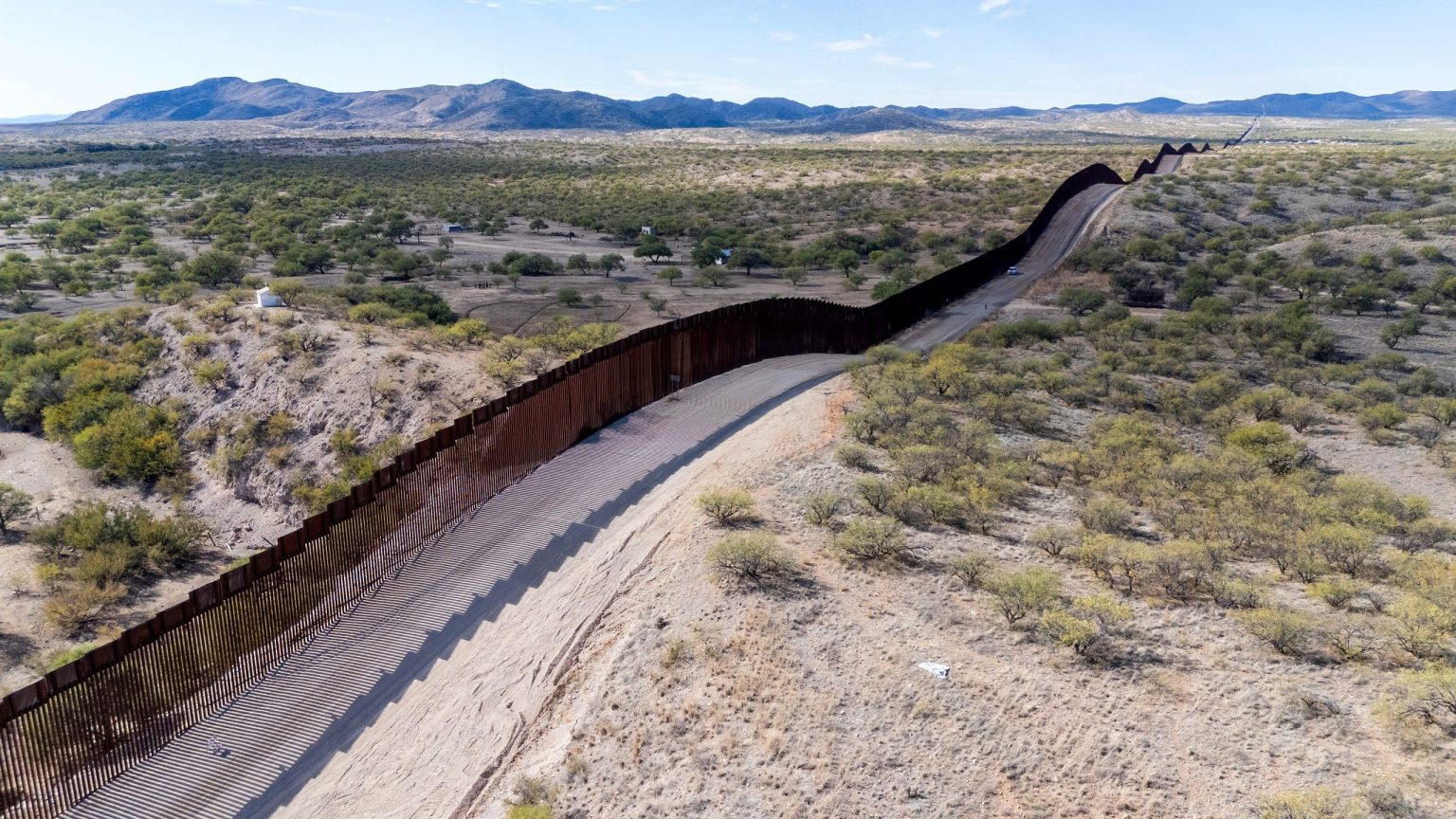The Biden administration’s decision to halt the sale of border wall materials marks a significant shift in policy, influenced by the impending return of Donald Trump to the presidency and his commitment to reinstate stricter immigration enforcement measures. This decision, confirmed to a court, effectively prevents the disposal of any border wall materials for a 30-day period, allowing the incoming Trump administration access to these resources. The Biden administration’s prior actions, which involved auctioning off border wall components since 2023, stem from the abrupt cessation of wall construction in 2021, a stark reversal of Trump’s signature border security initiative.
Texas Attorney General Ken Paxton, a staunch supporter of border wall construction, played a pivotal role in securing the halt on material sales. Paxton framed the Biden administration’s actions as a deliberate attempt to obstruct Trump’s immigration agenda, highlighting the political undertones of the border wall debate. He emphasized the potential legal ramifications of disposing of materials purchased with funds subject to an injunction, suggesting possible sanctions and contempt of court charges for officials involved. Paxton’s intervention underscores the ongoing legal battles surrounding border wall construction and the differing approaches of the Biden and Trump administrations.
The auctioning of border wall components, facilitated through online marketplaces like GovPlanet.com, sparked controversy, particularly among Republican lawmakers and border security advocates. These auctions, involving materials declared surplus by the Army Corps of Engineers, drew criticism due to the potential cost implications of repurchasing these materials under a new administration. Trump himself characterized the sales as a “criminal act,” citing the potential financial burden on taxpayers. The visibility of unused wall parts being transported on trucks further fueled criticism, highlighting the apparent contradiction between selling off materials while acknowledging the possibility of future wall construction.
The border wall, a central issue in the Trump administration’s immigration policy, has been a source of intense political debate. While proponents argue that the wall is a crucial deterrent to illegal immigration, critics dismiss it as an ineffective and xenophobic symbol. The Biden administration, upon taking office, immediately halted construction, citing concerns about its efficacy and humanitarian impact. This reversal of policy underscores the contrasting ideologies of the two administrations on border security.
The Biden administration’s actions have been subject to scrutiny, particularly from House Oversight Republicans who launched an investigation into the sale of border wall parts, raising concerns about “waste and abuse” of taxpayer funds. The decision to auction off the materials, despite the potential for future use, has been seen by some as a politically motivated move to dismantle Trump’s legacy. The clash between the two administrations over the border wall reflects a broader divide on immigration policy.
The halt on border wall material sales signifies a temporary reprieve in a protracted political and legal battle. The incoming Trump administration’s intentions regarding border wall construction remain uncertain, but the availability of existing materials provides an option for potential resumption of the project. The debate over the border wall’s effectiveness and ethical implications will likely continue to be a central issue in US immigration policy discussions. The competing priorities of border security, economic considerations, and humanitarian concerns will continue to shape the future of this contentious issue.













